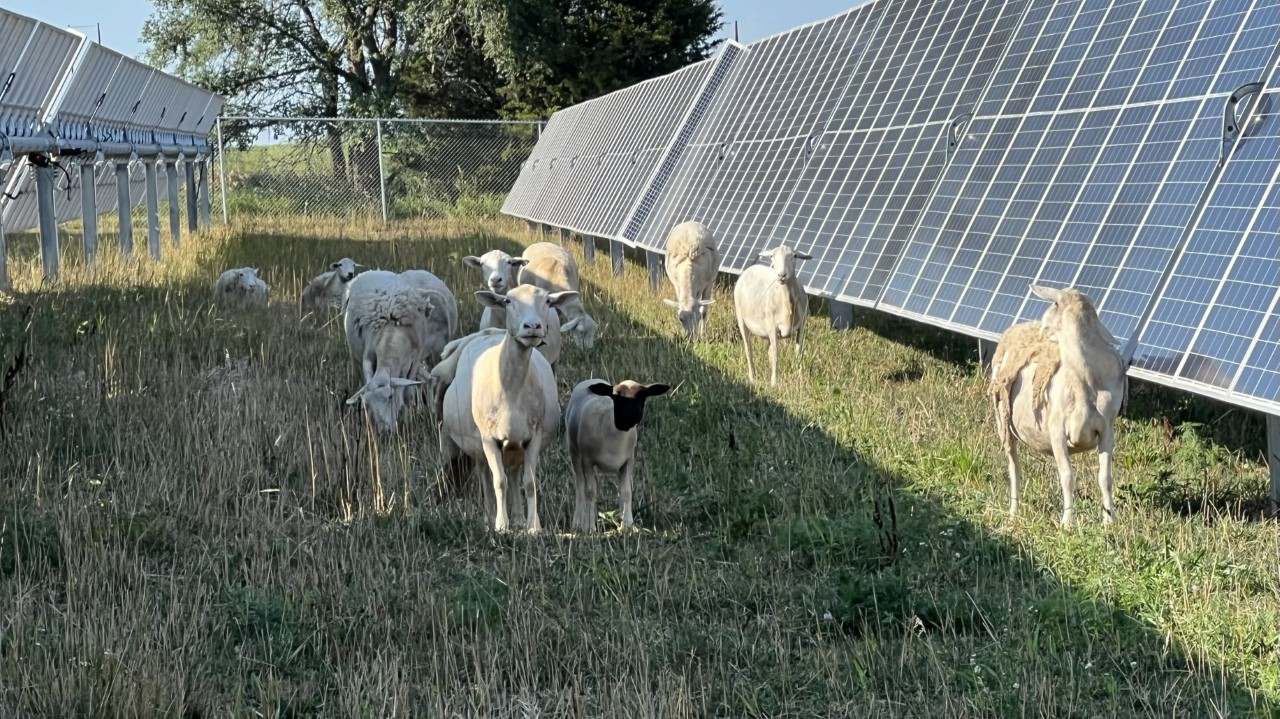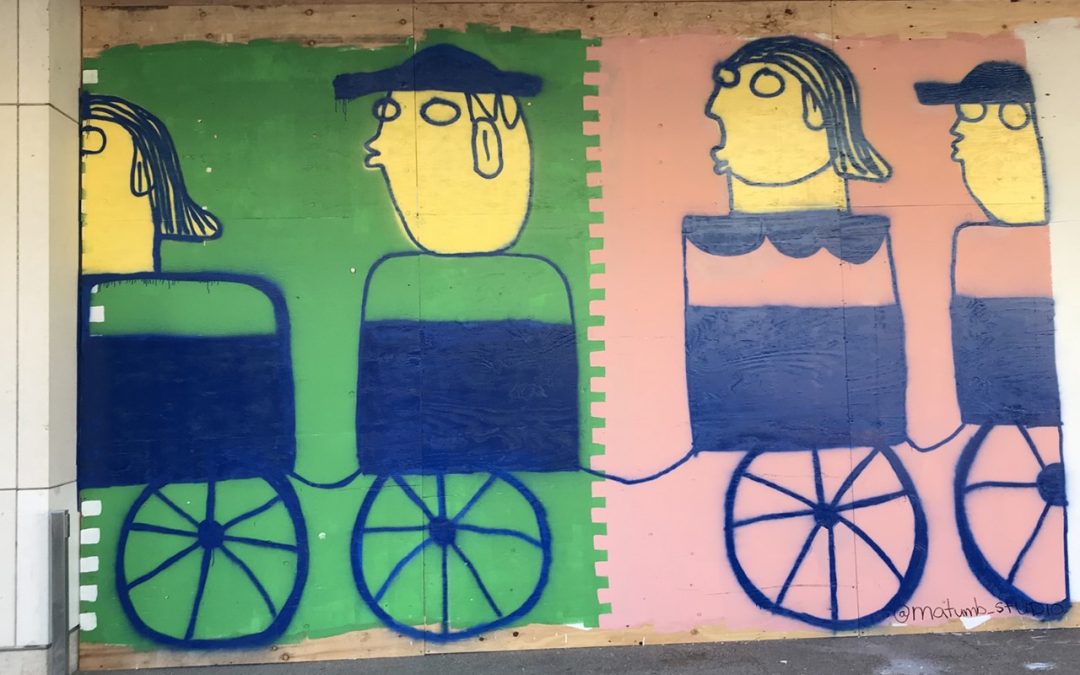
Taj Matumbi—Exploring Identity Through Art

September 27, 2022 • ISSUE 640
Taj Matumbi
Exploring Identity Through Art
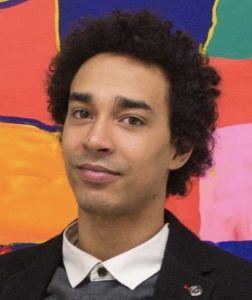 MIU alumnus Taj Matumbi grew up in Northern California, influenced by his dedication to skateboarding and his parents’ affinity for Eastern spiritual traditions. He spent his sophomore year of high school at an international school in India, followed by two years at Maharishi School in Fairfield, staying with friends of his family.
MIU alumnus Taj Matumbi grew up in Northern California, influenced by his dedication to skateboarding and his parents’ affinity for Eastern spiritual traditions. He spent his sophomore year of high school at an international school in India, followed by two years at Maharishi School in Fairfield, staying with friends of his family.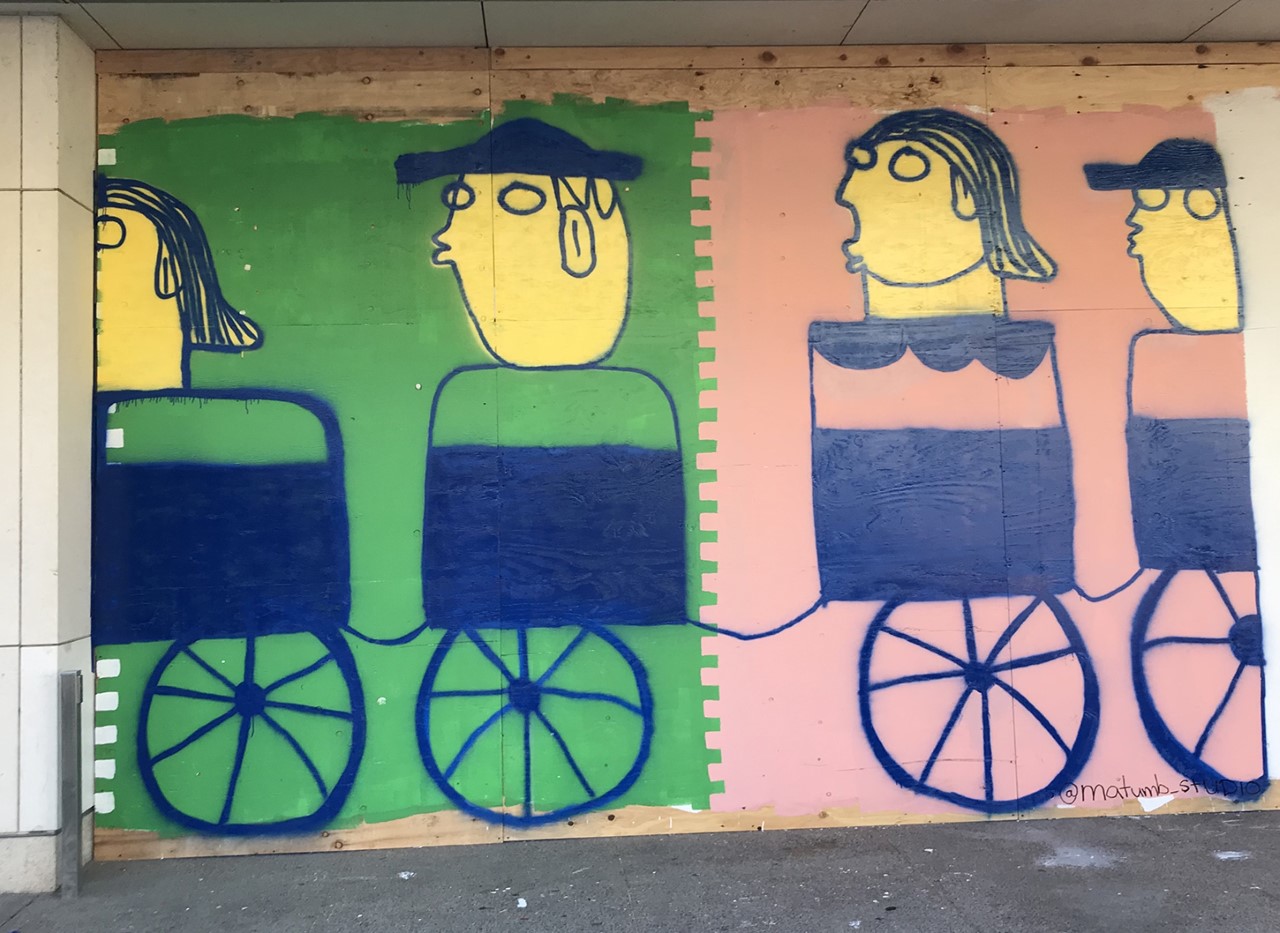
Taj’s mural on the side of the Overture Center for the Arts in Madison, Wisconsin

Taj’s MFA exhibit called Parallel Planes

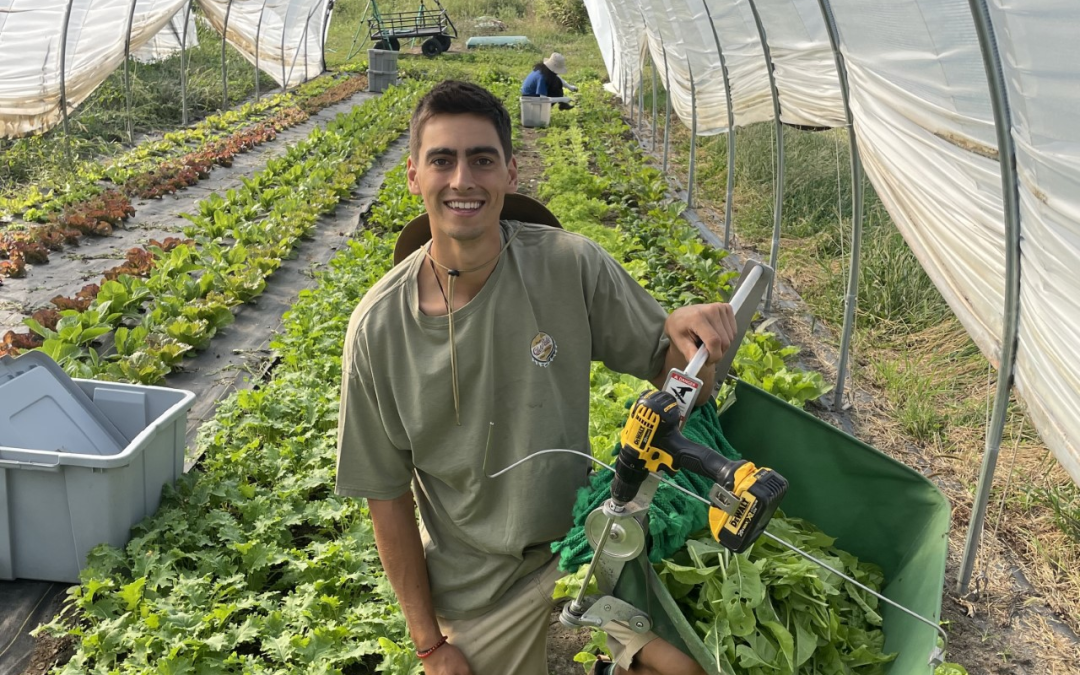
 MIU student Dean Menigoz grew up in California and earned a BS in bioresource and agricultural engineering from California Polytechnic State University-San Luis Obispo. While studying there, he participated in a precision agriculture club and enjoyed applying mechanics, electronics, and programming to the field of agriculture.
MIU student Dean Menigoz grew up in California and earned a BS in bioresource and agricultural engineering from California Polytechnic State University-San Luis Obispo. While studying there, he participated in a precision agriculture club and enjoyed applying mechanics, electronics, and programming to the field of agriculture. 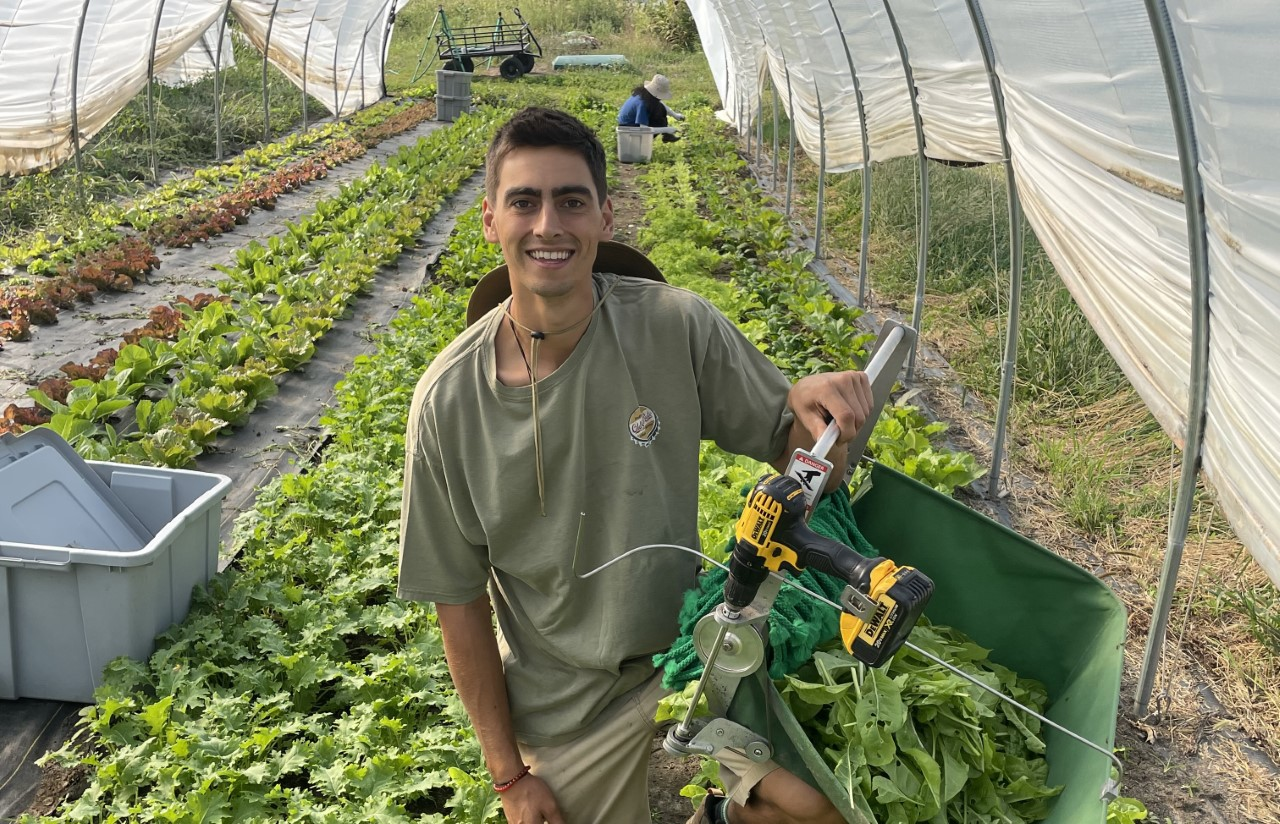
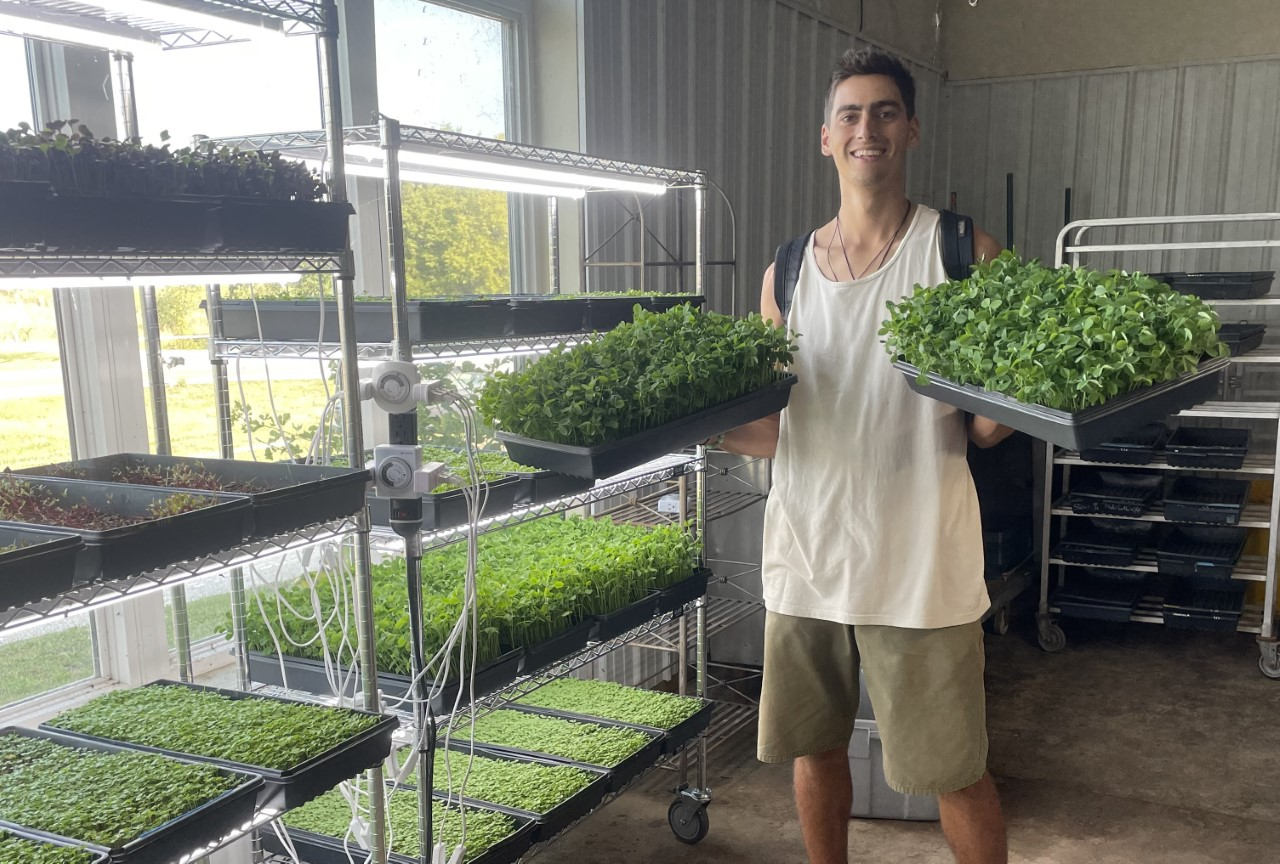

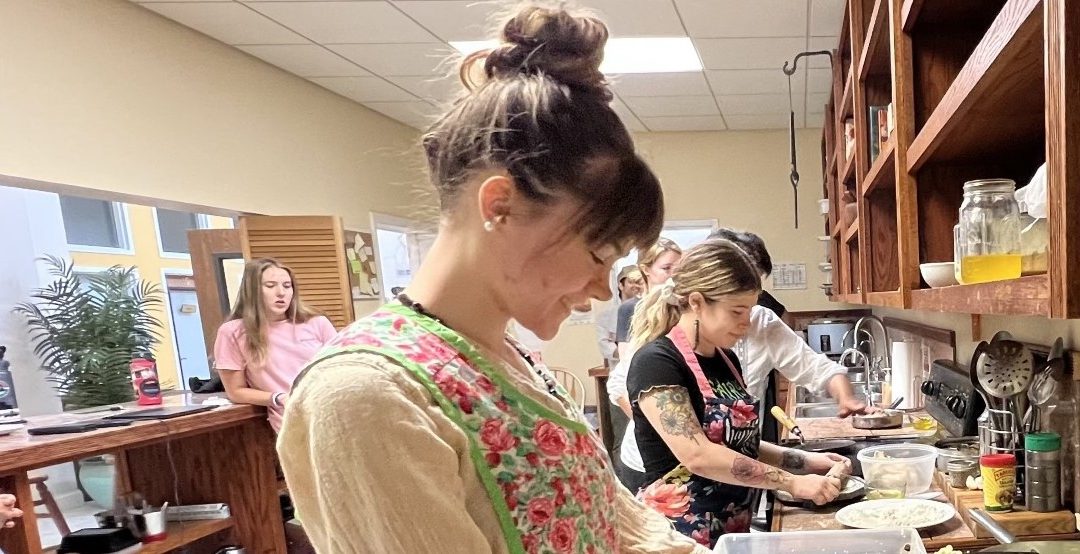
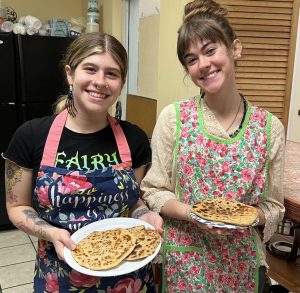 During the first two weeks of each academic year, management professor Sabita Sawhney has taught an Ayurvedic cooking course for the past twelve years. This for-credit course is one of MIU’s Forest Academy class series, which aims to provide students with the opportunity to explore more deeply the principles associated with the development of their own inner intelligence.
During the first two weeks of each academic year, management professor Sabita Sawhney has taught an Ayurvedic cooking course for the past twelve years. This for-credit course is one of MIU’s Forest Academy class series, which aims to provide students with the opportunity to explore more deeply the principles associated with the development of their own inner intelligence.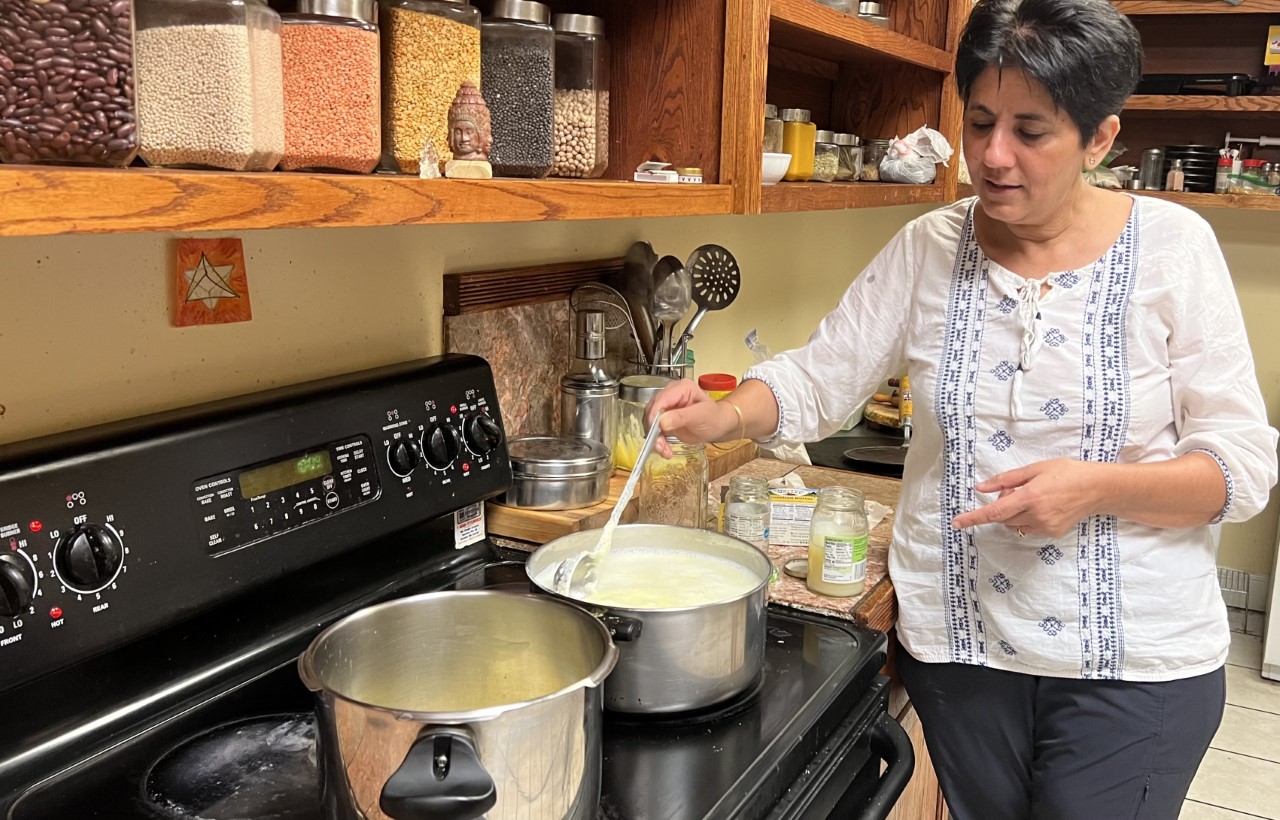
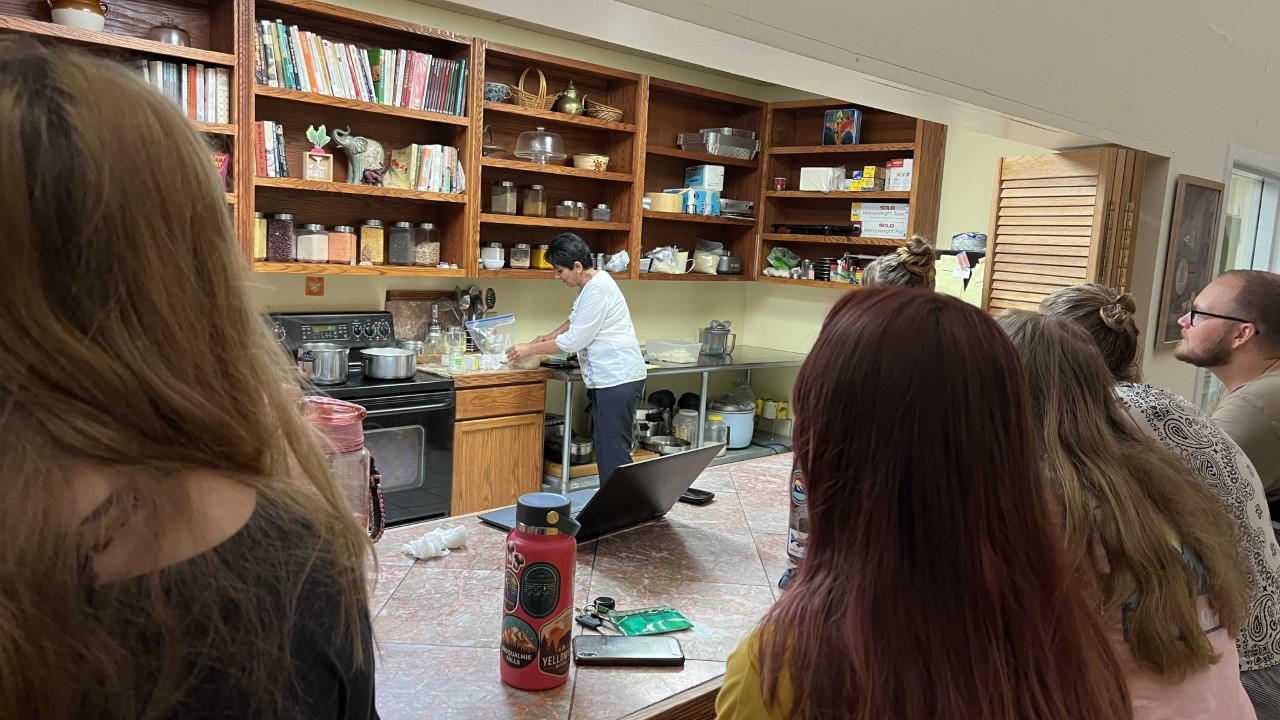
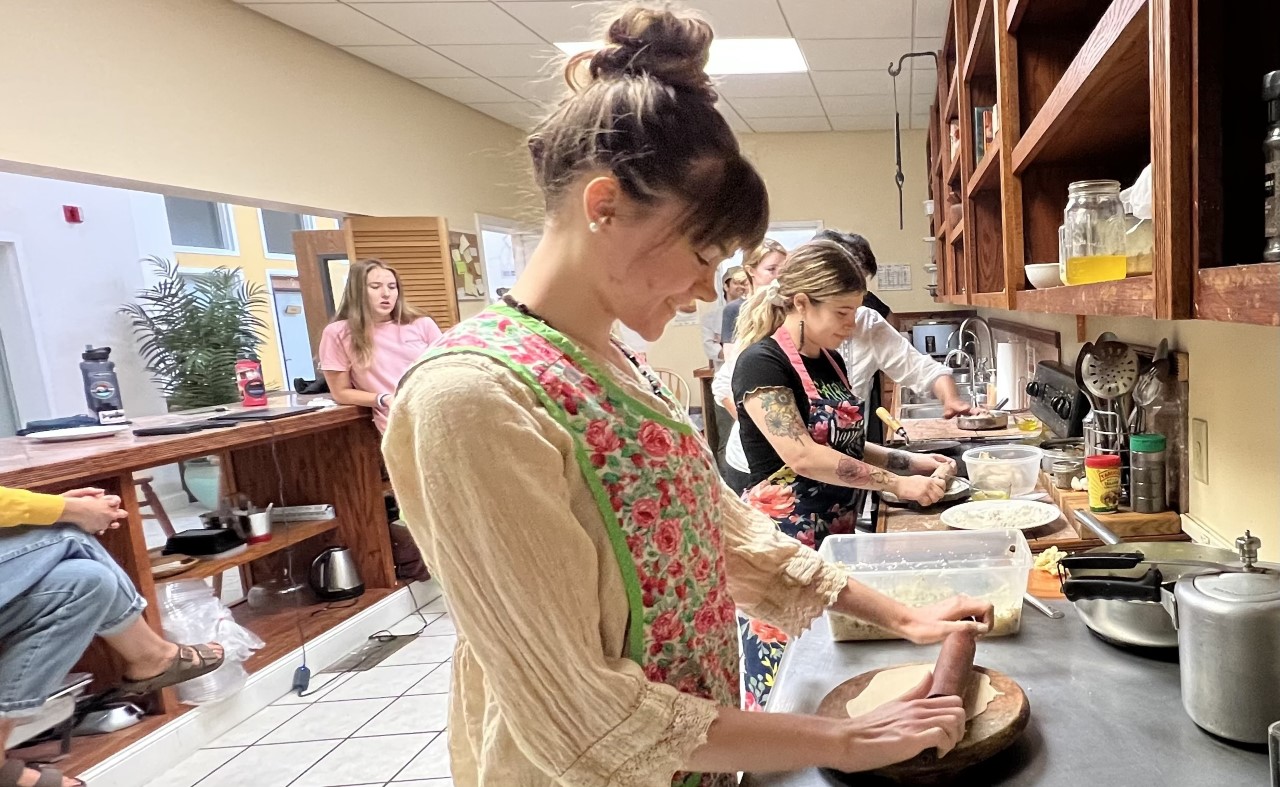
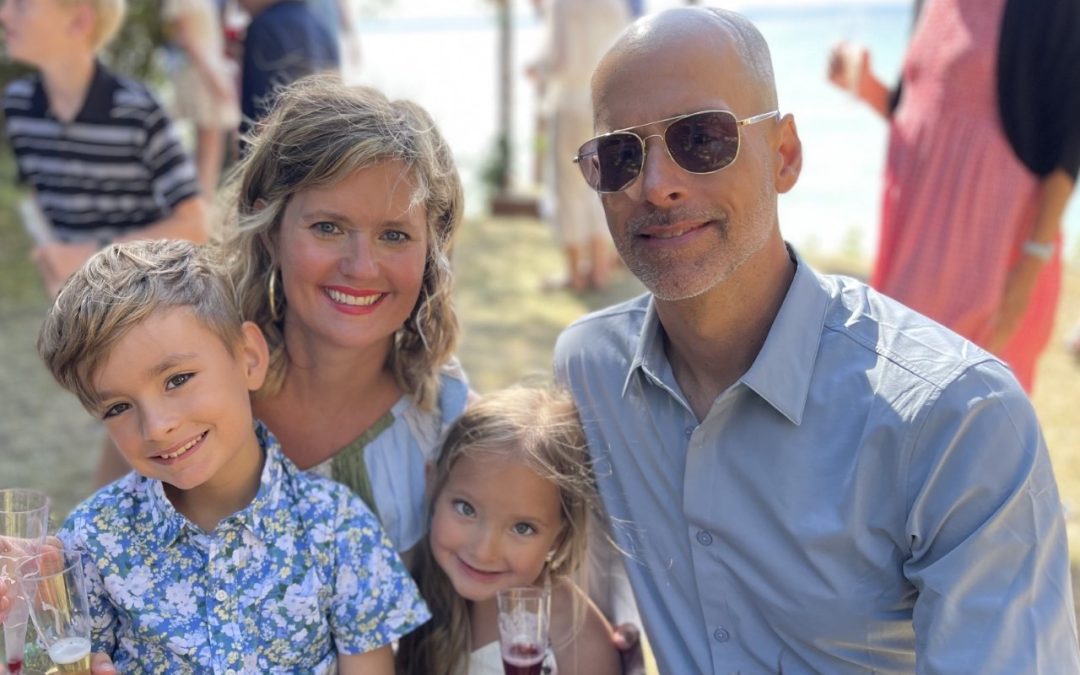
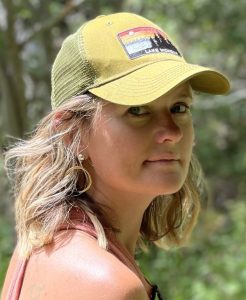 Jennifer O’Laughlin graduated from MIU’s online
Jennifer O’Laughlin graduated from MIU’s online 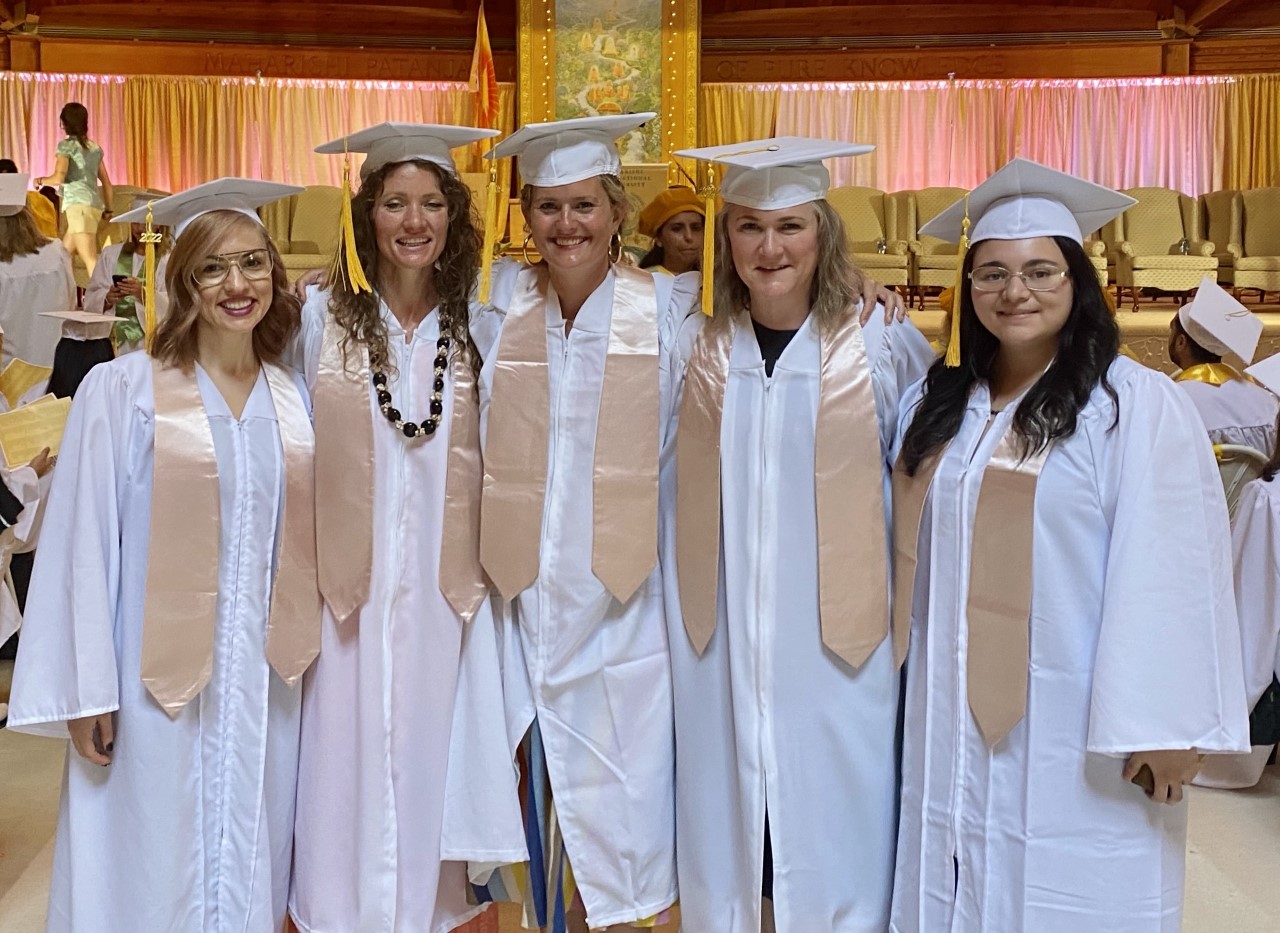
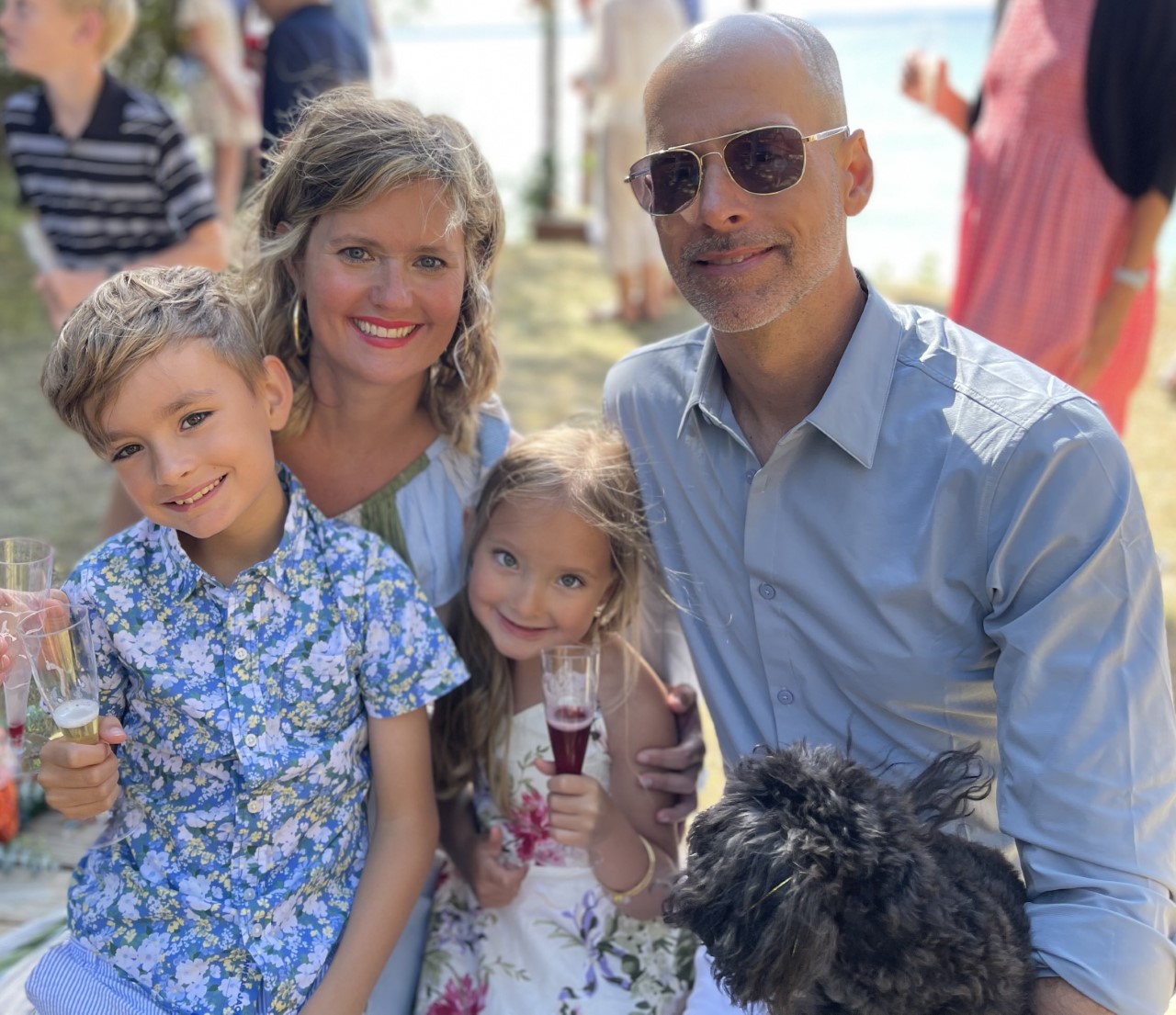
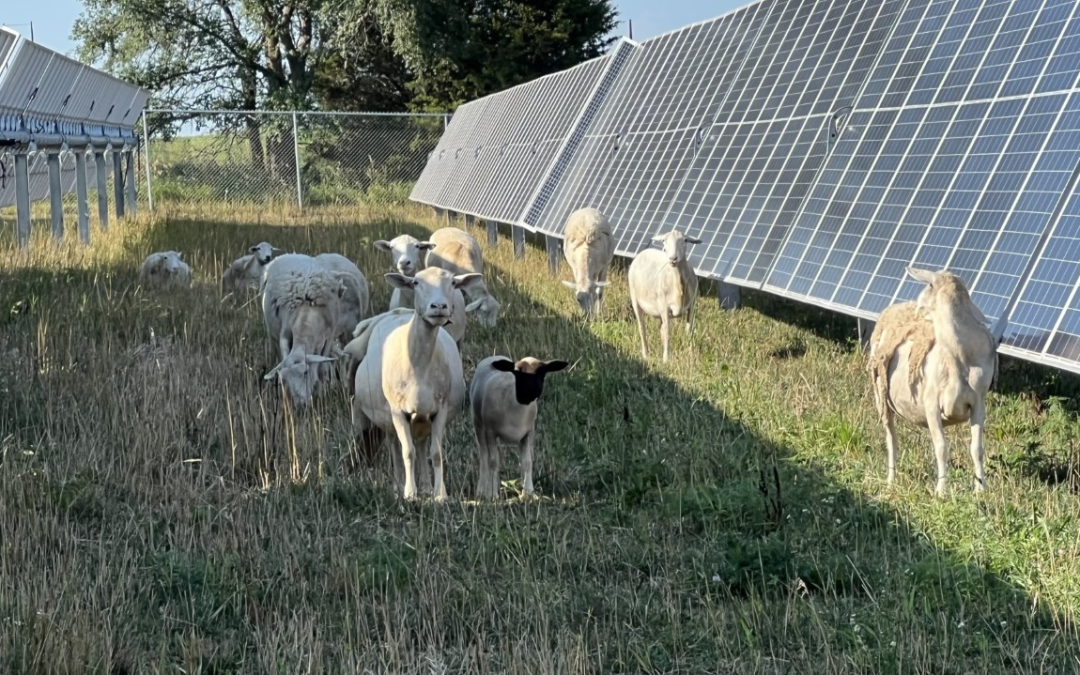
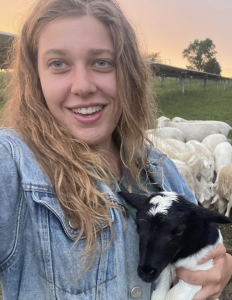 For the past several months, a small flock of Dorper sheep has been grazing under the MIU
For the past several months, a small flock of Dorper sheep has been grazing under the MIU 